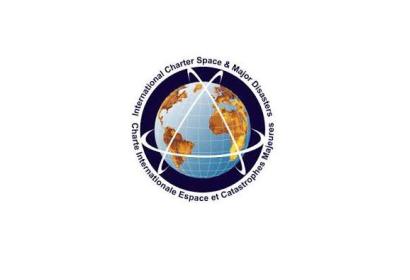The International Charter "Space and Major Disasters" has published its annual report. The document describes the Charter’s manifold activities in the year 2016. It focuses primarily on the 36 activations of the Charter throughout the reporting period for disasters such as the Ecuador earthquake on April 16 and Hurricane Matthew in the Caribbean and the USA in October.
The International Charter is a worldwide collaboration among space agencies and space operators through which satellite-derived information and products are made available to support disaster response efforts. It has been operational since November 2000 and aims to provide a unified system of space data acquisition and delivery to those affected by natural or man-made disasters.
In total, the Charter has been triggered for 517 disasters in 119 countries since 2000. In 2016, the Charter was activated 36 times, encompassing natural disasters in 24 countries. This is a similar figure to the yearly average between 2007 and 2015. April, May and October were the months with the highest number of activations due to different types of disasters linked to meteorological events as well as solid earth movement. Five activations were among the 10 most severe natural disasters in 2016 as registered by the International Emergency Disasters Database (EM-DAT) of the Centre for Research on the Epidemiology of Disasters (CRED). The Ecuador earthquake on April 16, affecting more than 380,000 and killing 673 people, and Hurricane Matthew in the Caribbean and the United States of America, affecting more than 2,000,000 and killing 601 people, were the two most disastrous events the Charter was activated for.
The report outlines, among other things, that the Venezuelan Bolivarian Agency for Space Activities (ABAE) has been fully integrated into the Charter and that Universal Access (UA) has gradually progressed. UA is a principle that allows disaster risk management organizations worldwide to be granted Authorized User status. Belarus, Iraq, El Salvador, Guatemala and Uruguay had their national users granted Charter access in 2016.
The report includes a section on the collaboration with UNOOSA/UN-SPIDER. UNOOSA/UN-SPIDER is authorized to request the activation of the mechanism on behalf of UN agencies in countries affected by disasters.

